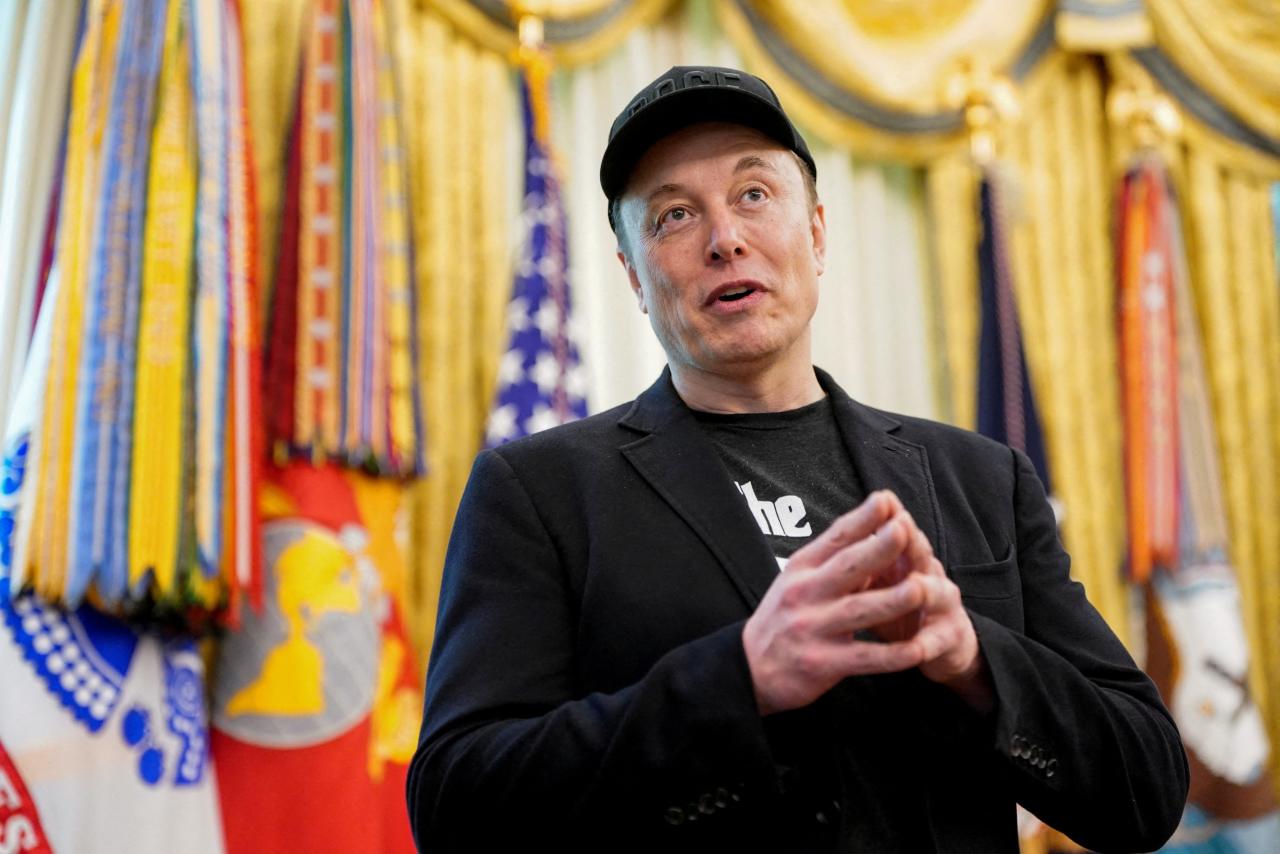Elon Musk’s New Political Venture and the Tensions with Trump
Elon Musk, the CEO of Tesla and SpaceX, has announced the creation of a new political party called the America Party. This move comes amid a growing rift between Musk and former President Donald Trump, who has been one of Musk’s most vocal critics in recent weeks. Musk made the announcement on X, the social media platform he owns, stating, “By a factor of 2 to 1, you want a new political party and you shall have it! Today, the America Party is formed to give you back your freedom.”
Despite Musk’s declaration, there is no official documentation from the Federal Election Commission that confirms the formation of the America Party. The name of the party is similar to the America PAC, a political action committee that Musk helped establish. In 2024, Musk spent nearly $300 million to support Trump and other Republican candidates.
This new political initiative marks another step in Musk’s evolving relationship with Trump. Initially a strong supporter, Musk has increasingly challenged Trump over various policy decisions. While third-party candidates have never won the presidency, they can significantly impact elections by drawing votes away from the major parties.
Trump responded to Musk’s announcement by dismissing it as confusing and unnecessary. “He can have fun with it, but I think it’s ridiculous,” Trump said. Treasury Secretary Scott Bessent also commented on the situation, suggesting that the boards of directors of Musk’s companies may not be pleased with his political activities. He noted that these boards might encourage Musk to focus more on his business responsibilities rather than his political ambitions.
The tension between Musk and Trump began when Republican lawmakers pushed forward a significant bill that aimed to make many of Trump’s 2017 tax cuts permanent. Musk initially opposed the bill but later increased pressure on Republicans to oppose it, even threatening to support primary challenges against those who supported it.
Musk criticized members of Congress who campaigned on reducing government spending but then voted for what he described as the largest debt increase in history. He vowed to fight against them in future elections. Trump retaliated by suggesting he could use the Department of Government Efficiency to target contracts involving Musk’s companies. Musk had previously worked with Trump in the White House and helped launch DOGE, a project associated with the administration.
Despite Musk’s efforts, the bill eventually passed both the House and Senate and was signed into law by Trump on July 4. Only five Republicans in both chambers voted against it.
Trump expressed disappointment in Musk’s recent actions, calling him a “train wreck” and claiming he warned Musk during his campaign about plans to eliminate an electric-vehicle tax credit if he were re-elected. Musk had publicly endorsed Trump, and Trump claimed Musk was aware of this intention.
Musk’s new political venture has prompted some of Trump’s allies to urge Tesla’s board to take action. James Fishback, a businessman aligned with Trump and a supporter of Musk, sent a letter to Robyn Denholm, chair of Tesla’s board, urging her to discuss whether Musk’s political ambitions are compatible with his role as CEO. Fishback also delayed his firm Azoria’s planned listing of a Tesla exchange-traded fund due to Musk’s focus on the new party.
Dan Ives, a long-time analyst at Wedbush Securities, suggested that the Tesla board may need to address Musk’s involvement in politics. He emphasized that if Musk continues to prioritize his political activities over his business responsibilities, the board would need to have a serious discussion about what is best for Tesla.







